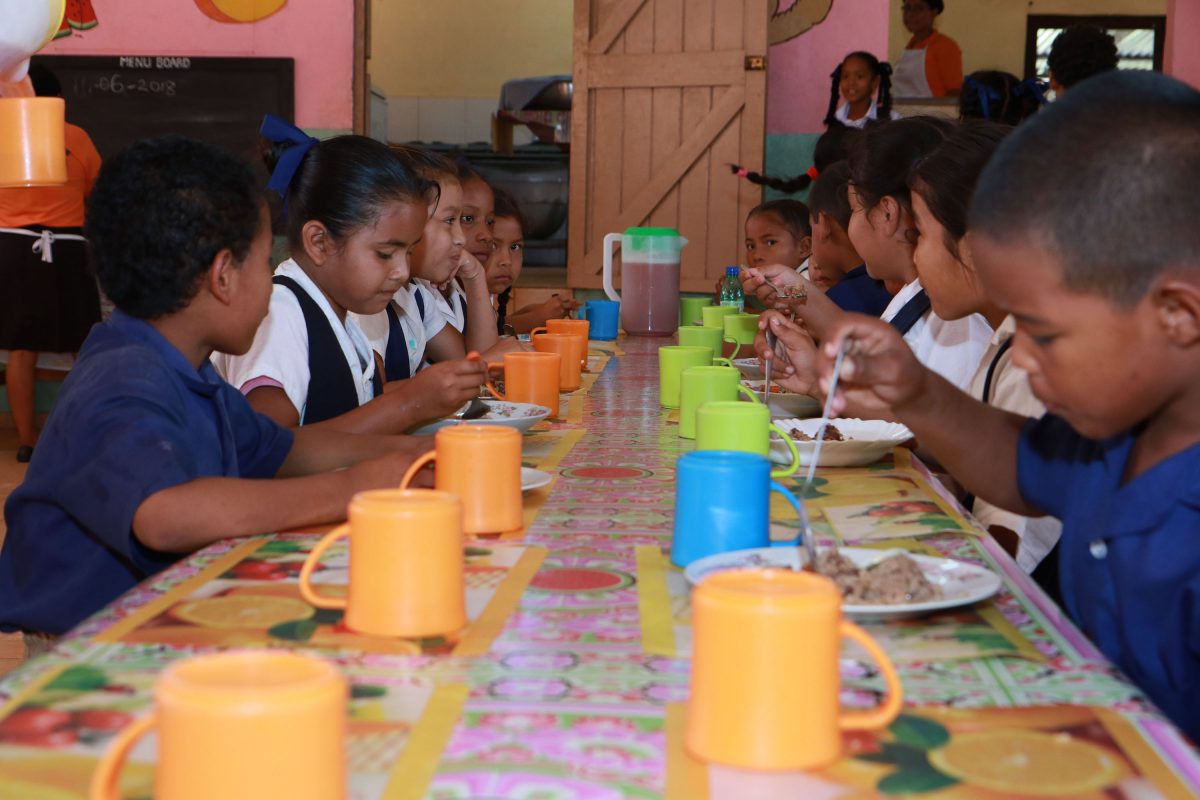With the halt of the Food and Agriculture Organization (FAO)-supported school meals programme for children in Latin America and the Carib-bean, the UN organisation wants regional governments to implement measures to support schoolchildren whose families “have greater difficulties in accessing food,” and ensure that children’s access to nutritious food is maintained, in the current conditions of emergency associated with the global coronavirus pandemic.
With schools across both Latin America and the Caribbean closed in res-ponse to the widespread social distancing refrain to help check the spread of the virus, the FAO says that in order to “scale up nutritional support and to enhance the management and prevention of undernourishment,” meal regimes in schools in the region should be adjusted “so as to continue delivering school meals even when schools are shut.”
Citing likely hunger and nutrition-related fallout from the coronavirus pandemic, the FAO is also urging governments in the hemisphere and the region to “ensure emergency food needs are met, adjust social protection programmes; scale up nutritional support and support management and prevention of undernourishment.”
The FAO is also advocating a menu of measures by governments in the region to mitigate possible hunger and malnutrition including; food distribution to the most vulnerable families, an increase in social protection programmes, exemption from taxes on basic food for families with school-age children” and for workers in the most affected economic sectors. Further, the FAO is recommending the delivery of fresh food from local farmers and the creation of regimens of “access points for food deliveries, distribution times, and measures to mitigate the impact of the COVID-19 pandemic.”
“Pro-active measures are paramount and will cost less at a time when economic resources will be heavily needed. This is doubly the case given growing expectations of a global recession,” the FAO says, adding that “economic slowdowns or contractions were associated with rising hunger levels in 65 out of 77 countries in recent years.”





